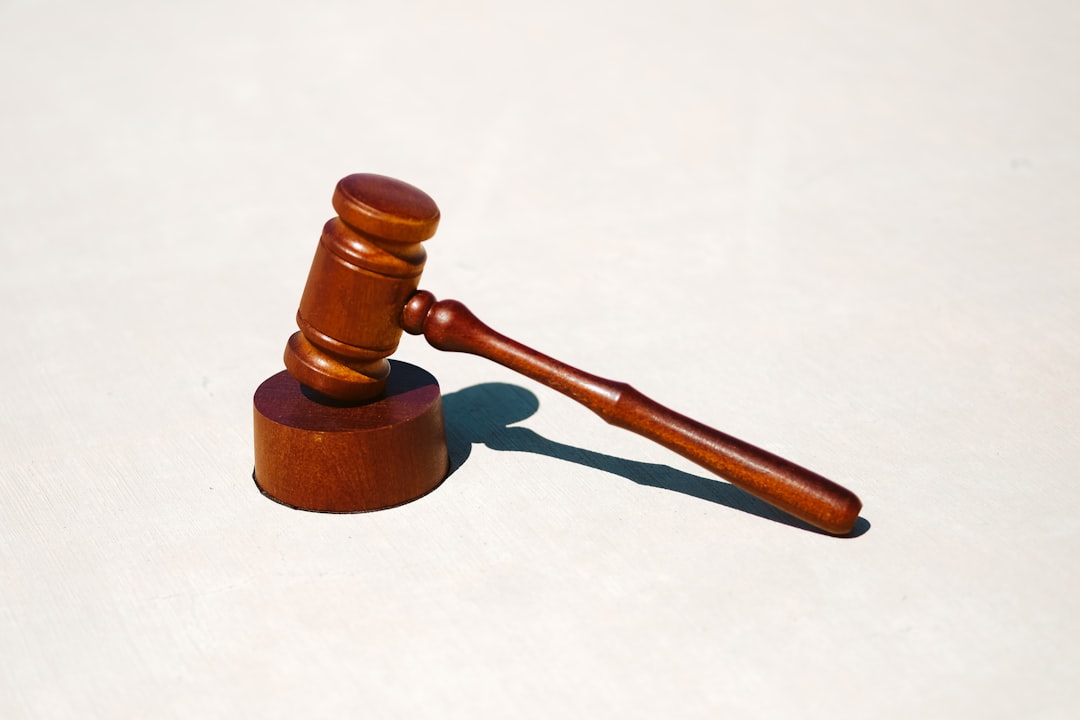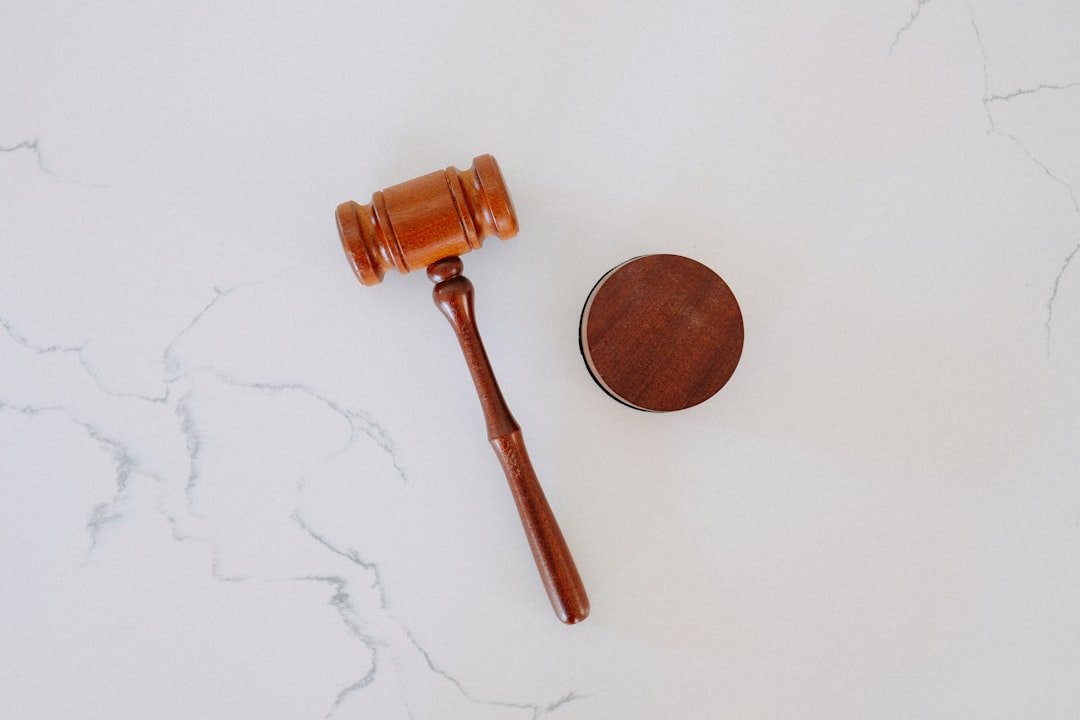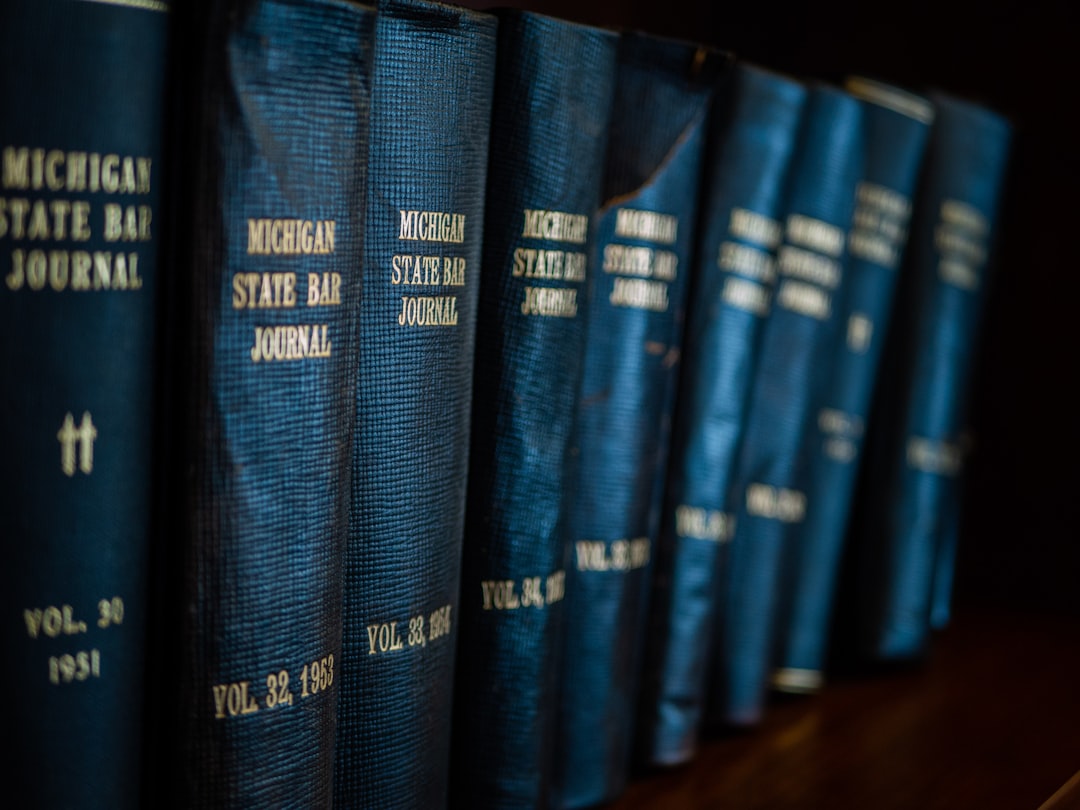Chicago schools and advocacy groups are joining forces to combat school abuse through collaborative strategies. By partnering with local school abuse attorneys in Illinois, they're implementing robust policies, staff training, and prevention programs to identify and prevent physical, emotional, and sexual abuse. This multi-faceted approach aims to create safer learning environments, foster accountability, and support affected students. Success is measured through reduced incident rates and positive feedback from stakeholders, ensuring tailored solutions for each school's unique needs.
Chicago schools are taking a proactive approach to prevent child abuse by partnering with advocacy groups. Given the critical need to protect vulnerable students, these collaborations are crucial. This article explores how Chicago’s educational institutions and advocacy organizations work together to combat abuse, highlighting successful strategies, legal protections, and evaluation methods. By understanding the school abuse crisis and leveraging partnerships, Chicago is making significant strides in ensuring a safer environment for its youth, with the support of dedicated school abuse attorneys in IL.
Understanding the School Abuse Crisis in Chicago
In Chicago, the issue of school abuse has gained significant attention, prompting a collaborative effort between educational institutions and advocacy groups to address this crisis. The city’s schools have long faced challenges related to student well-being, with incidents of physical, emotional, and sexual abuse reported within institutional settings. This complex problem requires a multi-faceted approach, which is why Chicago schools are actively partnering with local advocacy organizations to create safer environments for students.
The partnership between schools and groups specializing in child protection and mental health services is crucial. These collaborations aim to identify and prevent potential instances of abuse by implementing comprehensive strategies. By involving dedicated school abuse attorneys in Chicago IL and advocates, schools can ensure that policies and procedures are in place to protect students, provide support, and hold perpetrators accountable. This proactive measure is essential in fostering a culture of safety and security within the city’s educational system.
The Role of Advocacy Groups in Prevention Efforts
Advocacy groups play a pivotal role in preventing school abuse by amplifying the voices of students and their families. These organizations, often led by dedicated Chicago school abuse attorneys, serve as watchdogs, ensuring educational institutions uphold their legal obligations to provide a safe learning environment. They advocate for policies that promote transparency, accountability, and prompt response mechanisms when allegations of abuse arise.
Through community outreach programs, these groups educate parents and caregivers about their rights and the signs of potential abuse, empowering them to take proactive measures. Moreover, they collaborate with schools to develop comprehensive training programs for staff, fostering a culture where every individual is responsible for recognizing and reporting suspicious activities. This collaborative effort between advocacy groups and Chicago schools has proven effective in creating safer spaces for students and addressing issues of school abuse systematically.
Strategies for Effective Collaboration Between Schools and Advocates
Effective collaboration between schools and advocacy groups requires a structured approach to address school abuse issues in Chicago, IL. One key strategy is open communication channels where both parties share resources, knowledge, and concerns openly. Schools should designate specific points of contact for advocate groups to ensure consistent and efficient dialogue. Regular meetings and workshops can foster an environment of mutual learning, allowing educators and advocates to stay updated on best practices and legal developments related to school abuse cases.
Another vital strategy is the joint development and implementation of prevention programs. By combining their expertise, schools and advocacy groups can create comprehensive educational initiatives that raise awareness among students, teachers, and parents about potential signs of abuse. These programs can include training sessions for staff on identifying and reporting concerns, as well as peer support networks within schools. Such collaborations ensure a holistic approach to prevention, leveraging the strengths of both entities to create a safer learning environment in Chicago.
Legal Protections and Resources for Vulnerable Students
In Chicago, schools are collaborating with advocacy groups to combat and prevent student abuse, leveraging legal protections and resources designed to safeguard vulnerable students. These partnerships empower educators and community members to identify potential cases of abuse more effectively. By working together, they can provide immediate support to affected students, ensuring their safety and well-being.
Legal protections in Chicago, including those offered by school abuse attorneys based in IL, play a crucial role in this initiative. These laws outline clear guidelines for reporting and handling incidents of abuse within educational institutions. Resources such as counseling services, legal aid, and advocacy programs are also readily available to students who have experienced or witnessed abuse. This comprehensive approach fosters a culture of accountability and safety within Chicago’s schools.
Measuring Success: Evaluating the Impact of Partnership Programs
Measuring success is a critical aspect of evaluating the impact and effectiveness of partnerships between Chicago schools and advocacy groups aimed at preventing school abuse. By establishing clear metrics, these collaborations can assess their progress and ensure they are achieving their goals. One key indicator is the reduction in reported incidents of school abuse, including physical, emotional, or sexual assault, over a defined period.
Additionally, regular surveys and feedback from students, teachers, and parents can provide valuable insights into the program’s influence on campus culture. These evaluations might reveal improvements in safety protocols, increased awareness about available resources, and enhanced overall well-being among the school community. Such data allows for continuous improvement and ensures that partnership programs are tailored to meet the unique needs of each Chicago school and its students, ultimately fostering a safer learning environment.






